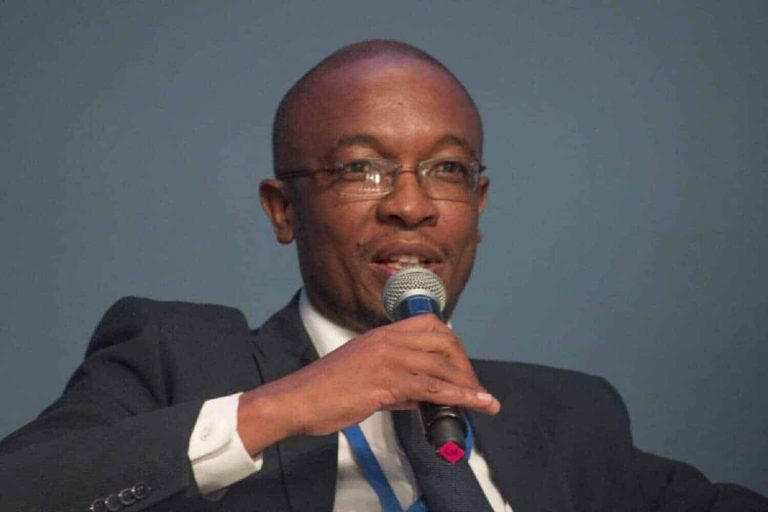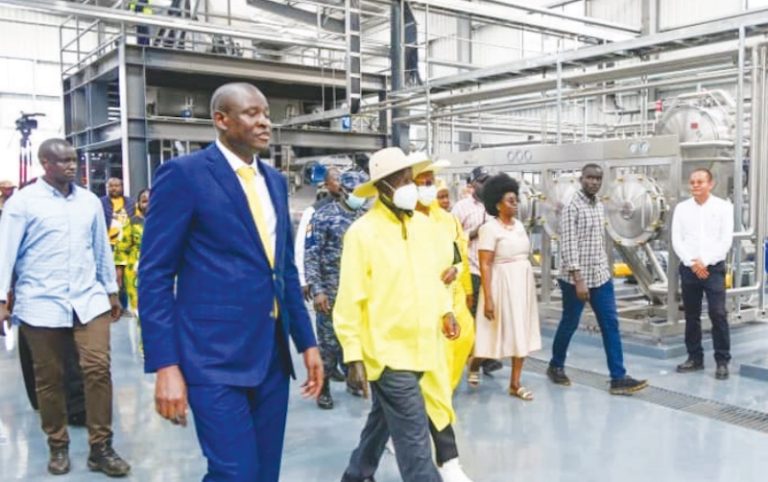
Nigeria’s federal government has announced that it is expecting about $20 billion investments in Nigeria’s upstream petroleum industry by 2029 in a bid to boost crude oil and gas production in the country.
Special Adviser to the President on Energy, Olu Verheijen, speaking on the theme: “Seeds of Reform, Fruits of Renewal”, at the South-west Summit in Akure, Ondo State, also noted that President Bola Tinubu removed the fuel and foreign exchange subsidies because they had become a drain on the nation’s resources.
Over the past two years, the presidential aide argued that Tinubu has been sowing the seeds of reform so that the ‘harvest of prosperity may reach every family, every farm, and every school’.
“The fuel and foreign exchange subsidies were like weeds that drained our soil, consuming trillions that could have built schools, roads, and clinics,” Verheijen maintained.
By removing them, she explained that Tinubu cleared the field so that new crops could grow, pointing out that these reforms have increased allocations to states, giving the South-west more resources to invest in communities, infrastructure, and people.
“The government is expanding pipelines such as the Escravos–Lagos System, delivering gas to industries in Sagamu, Ibadan, and Ilorin, with Ondo State directly benefiting as the network spreads across the South-west.
“Over $8 billion in new upstream gas investments have already been unlocked, with another $20 billion expected by 2029. Gas is not just for electricity. It is the raw material for fertilisers, methanol, and petrochemicals. These are the nutrients that make our farmlands more productive, our factories busier, and our exports more competitive.
“New gas projects will feed fertiliser and petrochemical plants that support farmers in Ondo, Ekiti, and Oyo, reducing fertiliser costs, boosting crop yields, and powering local agro-processing industries,” she stated.
These value chains from gas to fertiliser, and farm to factory, she emphasised, will deliver cheaper food at home as local production expands and transport costs fall; while exportable agro-products such as cassava starch, cocoa butter, and ethanol that can compete globally.
For too long, the special adviser stated that Nigeria exported crude oil only to import refined petrol at higher cost, maintaining that those days are ending.
“Through bold fiscal reforms, specifically the deregulation of private sector-led investments in refineries, Nigeria is now achieving self-sufficiency in petroleum products. This transformation means that the fuel powering our cars and tractors is increasingly refined at home for Nigerians, by Nigerians creating and keeping the jobs here.
“The recent announcement that the Dangote refinery will scale up operations marks a turning point. We are moving from being an import-dependent nation to a regional energy supplier. This shift reduces foreign-exchange pressure, stabilises fuel prices, and opens new export revenue streams that strengthen the naira and the national budget,” Verheijen added.
For farmers, she noted that available and more reliable fuel means lower logistics costs from farm to market; for civil servants, it means a more stable economy that protects purchasing power; while for universities and polytechnics, it means new opportunities for research and innovation in refining technology, supply chain management, and energy systems.
“We have planted reforms in our oil and gas fields, and the fruit is energy independence, new jobs, and pride in what we make with our own hands,” she stressed.
Through the Presidential Metering Initiative (PMI), Verheijen stated that millions of electricity meters are being deployed across the country, ending estimated billing, promoting fairness, helping measured consumption and improving liquidity to attract fresh investment.
According to her, targeted electricity subsidies ensure that the poorest households continue to access affordable power, while wealthier consumers pay their true share.
New investments through the Power Sector Debt Reduction and Distribution Reform Programmes (PSDRP), and others, she affirmed that Nigeria is expanding generation and transmission infrastructure.
“Soon, our farmers and small businesses and industries will enjoy more reliable power to preserve produce, process cassava, and power small shops and factories. That is what harvest feels like,” he reiterated.
Acknowledging the hardships that come with reforms, Verheijen expressed the view that “the yam does not sprout the same day it is planted,” explaining that when it does, the farmer smiles because he remembers the sweat that made it grow is fruitful.
“We have planted reforms that are already sprouting in energy, in jobs, in stability. The rains are gathering: more investments, more local industries, more power. The harvest will be rich, not just in Abuja and Lagos, but in every village and town across the South-west and the nation,” she stressed.
Emmanuel Addeh



